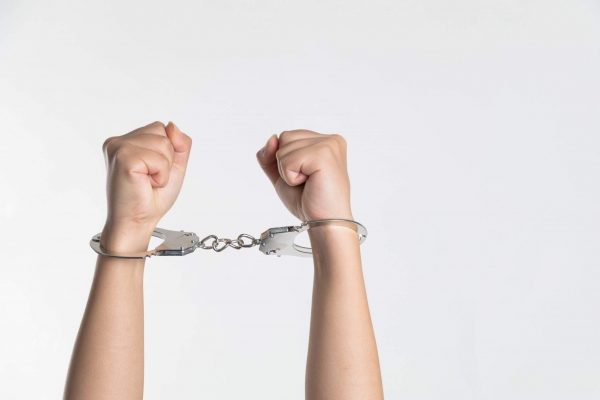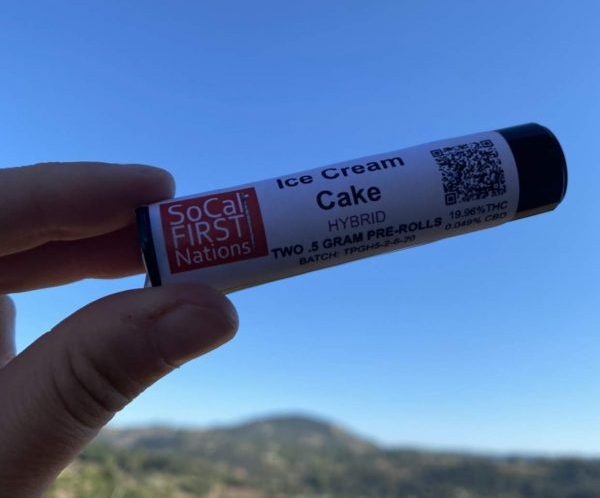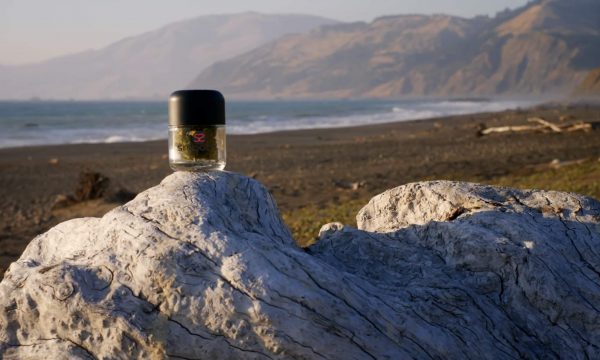Since January the Department of Justice has been requesting licensing records of several California cannabis companies as part of a criminal investigation. On Monday a petition was entered into the Southern District of California on Monday asserting the Drug Enforcement Administration subpoenaed licensing documents from the state’s Bureau of Cannabis Control (BCC). The bureau has declined to comply on grounds that the request was vague and possibly in violation of privacy laws.
WeedWeek/Marijuana Moment
- The DOJ “seeks the documents for only six entities, which include three corporations and each corporation’s presumed owner.
Quick Hits
- What was it like to harvest a June crop in the middle of a pandemic? For one California cultivator, it's meant preparing “to live with COVID for potentially a much longer time than any of us had hoped.” That harvesting looked like just like this.
Bloomberg - A report by Youth Forward and Getting It Right from the Start, “California Cannabis Tax Revenues: A Windfall for Law Enforcement or An Opportunity for Healing?” says 23 of 28 cities analyzed saw double-digit increases in their police budgets since legalization. Eight of 28 police budgets grew by at least 25%. Financially distressed communities? Not so much.
California Health Report - Look, nobody wants to do it, but we've got to start talking about slotting fees, and not just their chain-supermarket history. We've got to get into this whole eye-level matter, and how product gets pushed toward the top or bottom of the rack.
WeedWeek
















